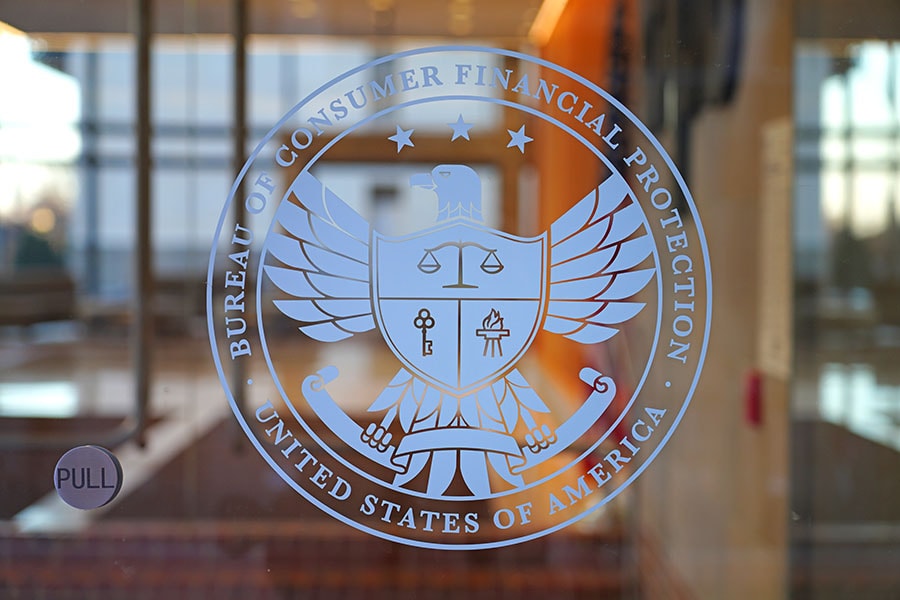CFPB Considers Applying EFT Law to Crypto for Consumer Protection
On Oct 9, Brookings hosted a payments conference to examine America's payment system, including crypto, stablecoins, CBDCs, etc


 Image: Shutterstock
Image: Shutterstock
Speaking at a conference on Oct 9, the United States Consumer Financial Protection Bureau (CFPB) director Rohit Chopra said the agency is considering applying the Electronic Fund Transfer Act (EFTA) to crypto to protect consumers from fraudulent crypto transfers.
The EFTA is a federal law that safeguards consumers against payment fraud when using electronic fund transfer (EFT) services, such as ATM withdrawals, point-of-sale (POS) debit card transactions, and electronic bank transfers.
With the CFPB’s decision to apply the EFTA to private digital dollars and other virtual currencies, they plan to scrutinise the use of crypto for real-time payments and increase oversight over Big Tech companies venturing into the traditional financial sector.
Chopra revealed CFPB’s plans in this regard. “To reduce the harms of errors, hacks, and unauthorised transfers, the CFPB is exploring providing additional guidance to market participants to answer their questions regarding the applicability of the Electronic Fund Transfer Act with respect to private digital dollars and other virtual currencies," he said.
Chopra also mentioned that the CFPB would issue orders to “certain major technology firms" to provide details about their business practices related to personal data utilisation and the issuance of private currencies. Furthermore, the agency plans to scrutinise non-banking entities providing payment platforms.
He even suggested the Treasury’s Financial Stability Oversight Council (FSOC) classify some crypto activities as ‘systemically important payment clearing or settlement activities.’ This would give other agencies more oversight and tools to ensure that stablecoins are stable.
The CFPB’s move is seen as an attempt to bolster consumer protection in a market that recently saw significant hacks on platforms like Axie Infinity, Crypto.com, and FTX.
Under ETFA, crypto exchanges and other businesses that offer crypto services will be subjected to consumer protection requirements, such as providing consumers with accurate information about their EFT rights, disclosing fees and other charges associated with EFT services, reversing unauthorised EFT transactions, and investigating and resolving consumer complaints.
However, it is essential to note that the EFTA would not regulate crypto but would offer consumers additional protection against fraud and abuse. The CFPB’s move shows that the government is taking the crypto industry seriously and is committed to protecting consumers.
Shashank is the founder of yMedia. He ventured into crypto in 2013 and is an ETH maximalist. Twitter: @bhardwajshash
First Published: Oct 10, 2023, 13:09
Subscribe Now